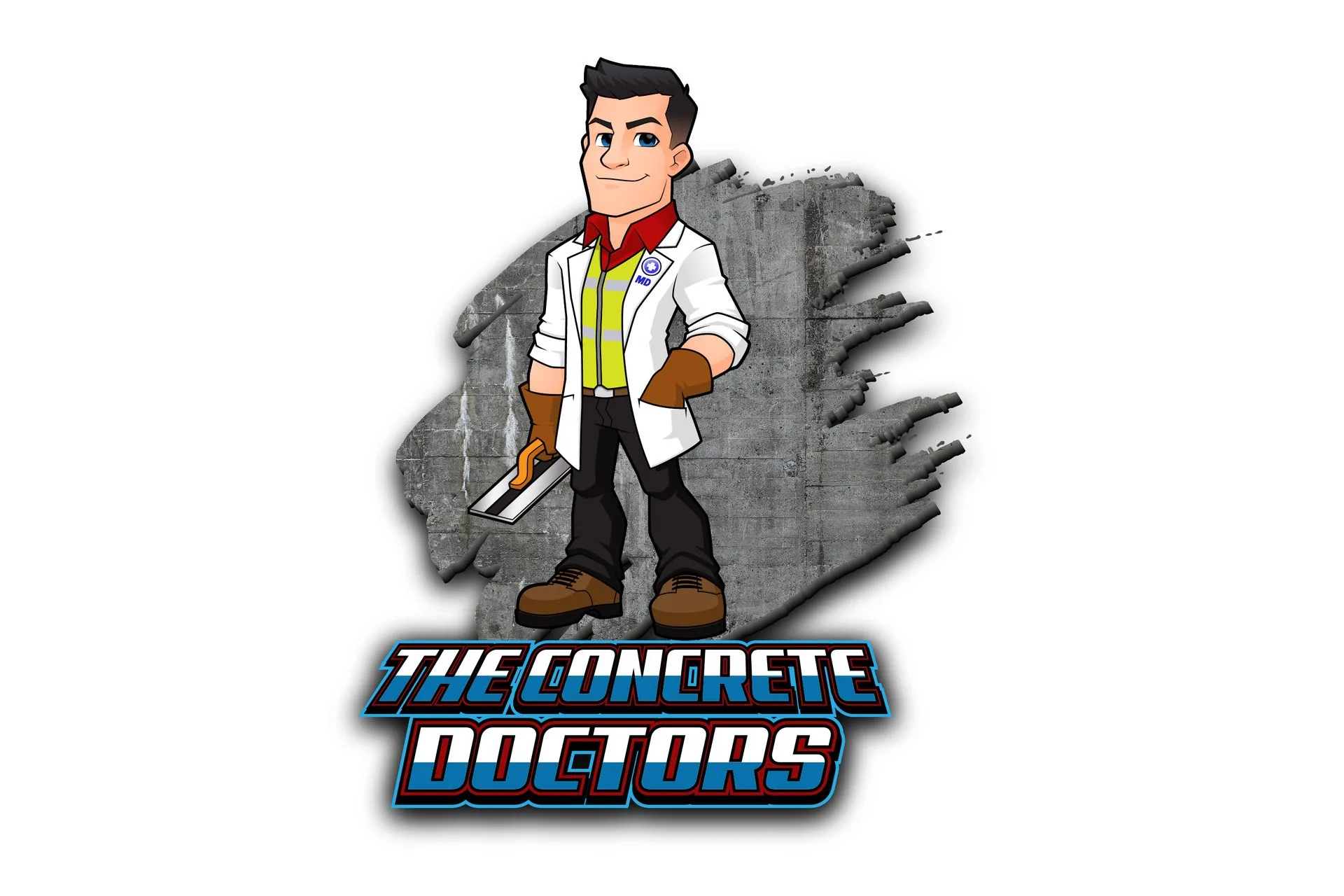CONCRETE REPAIR QUESTIONS
Q
How long will my concrete last?
Q
What is the best concrete sealer to use?
Q
What is the difference between concrete and cement, Aren’t they the same thing?
Q
How long does concrete take to cure or gather its strength?
Typically walking can be done within 24 hours if the temperature allows. Once concrete reaches 5 degrees or less, the curing process basically stops.During the early curing, the concrete’s internal structure is forming to provide strength and low permeability depending on the admixtures used. Water is needed during the curing process, and as such misting water on the concrete to replace any lost moisture will help the process and dissipate the heat.
Q
Concrete cracking and whats acceptable?
Can’t find your question? Just ask us!
The Concrete Doctors will be happy to answer your concrete repair questions and provide feedback on your project
Please give us a little time so get back to you with an answer.
